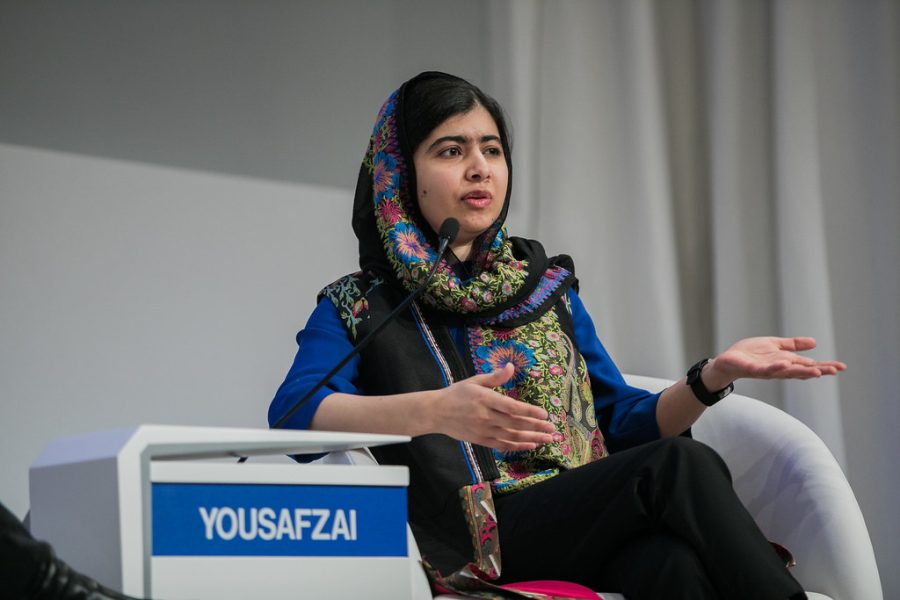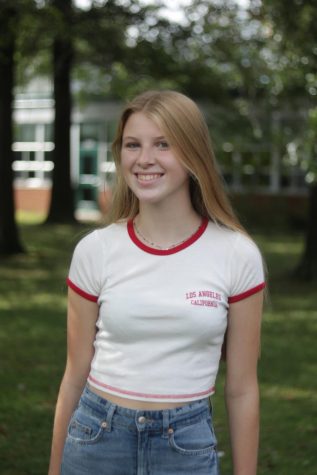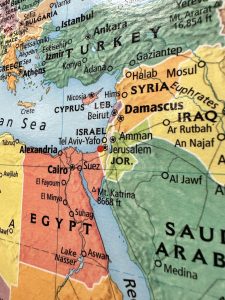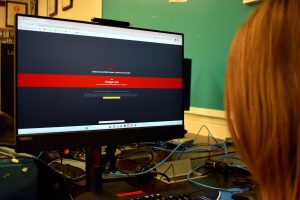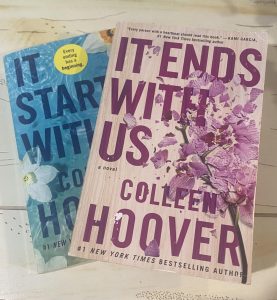Malala Yousafrazi Continues to Fight for Women’s Education
‘Creative Commons Malala Gives Speeches on Her Fight for Education’
April 6, 2022
In October of 2012, a member of the Pakistani Taliban boarded a 15-year-old Mala Yousafrazi’s bus and shot her in the head. Two weeks later she woke up in the hospital in Oxford and was informed of what happened. This is when the young girl’s life changed.
Malala Yousagfrazi was born July 12, 1997, in Mingora, Pakistan, also known as the Swat Valley. Malala is the daughter of Ziauddin and Tor Pekai Yousafzai and has two younger brothers. Malala from a young age loved learning. Her father, a passionate teacher, ran a learning facility, and always encouraged his daughter to care about her education.
Her family practiced the religion of Islam and was part of an ethnic group known as the Pashtuns. In 2007, the Taliban invaded the Swat Valley. The leader Maulana Fazullah began to impose strict Islam rule on the Valley, banning girls’ education and not allowing female teachers to go to school. Malala’s family did not stand for this and fled the region for everyone’s safety, but eventually returned when the situation calmed down.
In 2008 Malala’s father took her to a local press club, and she spoke out against schools closing. “How Dare the Taliban Take Away My Basic Right to Education?” Her speech was publicized throughout Pakistan. Even though many supported Malala, the Taliban did not. The group shut down all-girl schools in the Swat Valley and blew up more than 100 of them.
Malala later made her first television appearance in 2009. The Taliban got a lot of negative backlash after Malala’s public statements. They agreed to lift the ban on girls not being able to attend school, if they wear burkas. The Yousafzai family was forced to seek refuge outside of Swat until the Pakistan army was able to push the Taliban out.
Malala began to receive recognition as her initiatives grew more international. In October of 2011, she was nominated for the Children’s Peace Prize. In December of that year, she was awarded Pakistan’s first National Youth Peace Prize. Even though Malala had many supporters, not everyone welcomed her campaign to bring change in Swat.
On October 9, 2012, Malala was riding the bus home. A masked gunman boarded the bus. Malala was shot on the left side of her head. Two other girls were also injured in the attack. Tehrik-i Taliban, the Pakistani gunman, attempted to kill Malala in retaliation for her activism. She remained unconscious and in critical condition at the Rawalpindi Institute of Cardiology. Once her condition improved she was moved to a hospital in the UK. After weeks of treatment and therapy, Malala was able to begin attending school in Birmingham. She received even more support after her attack.
In July 2013 of her 16th birthday, Malala visited New York and spoke at the United Nations. Later, she published her first book, an autobiography called “I Am Malala: The Girl Who Stood Up for Education and Was Shot by the Taliban”.
In 2014 Malala flew to Jordan to meet Syrian refugees, Kenya to meet young female students, and then to northern Nigeria for her 17th birthday. All the trips were through the Malala Fund, which she co-founded with her father. She spoke out in support of the abducted girls in Nigeria earlier that year, who were kidnapped by Boko Haram, a terrorist organization that, like the Taliban, wants to prevent girls from attending school.
In October of 2014, Malala was named a Nobel Peace Prize winner. Malala became the youngest person to receive this prize. After winning the award Malala said that,
“The award is for those forgotten children who want education. It is for those frightened children who want peace. It is for those voiceless children who want change.”
Malala is now 24 years old, and recently graduated from Oxford University with a degree in philosophy, economics, and politics. Since her NPP award, Malala has visited refugee camps in Kenya and attended the graduation of refugee girls from a mentorship program on leadership and life skills, and partnered with Apple to fund the expansion to India and Latin America. This provided technology, curriculum assistance, and policy research— which achieved the goal of educating more than 100,000 girls. Malala Yousafrazi has accomplished so much at such a young age, and is one of the most renowned education activists around the world.
“I truly believe the only way we can create global peace is through not only educating our minds, but our hearts and our souls.” -Malala Yousafrazi

